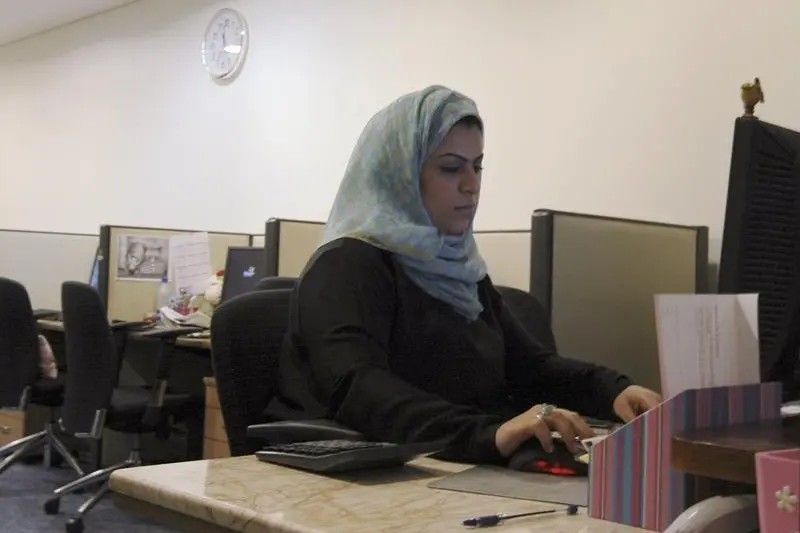PHOTO
Sunday, May 21, 2017
Dubai: Organisations in the Gulf Cooperation Council need to review their IT policies in a bid to attract future next-generation talent, Gulf Business Machines (GBM) executive said.
“The next-generation or millennials have different expectations when they come to the workplace. They expect to be connected all the time, bring their own personal devices and usage for personal and enterprise work,” Hani Nofal, vice-president for intelligent network solutions, security and mobility at GBM, told Gulf News, on the sidelines of the fourth Gulf Information Security Expo and Conference and co-located Internet of Things Expo (IoTx).
The three-day event at Dubai World Trade Centre was inaugurated by Lieutenant General Dahi Khalfan Tamim, Head of Security for the Emirate of Dubai.
GBM’s sixth survey shows that in the digital transformation era, GCC enterprises are still setting IT policies that don’t meet the new generation’s expectations. Flexibility and collaborative working arrangements are the first priorities for the next generation when considering the employer in their career life.
“This is why it is important for Gen X to start considering new tools and policies to make the necessary changes and be ready in time for the next generation entering the workforce. The millennials are more active on social media, on average of 10 apps, when compared to Gen X, on average of five apps,” Nofal said.
Social media as news source
Generation X is defined as individuals born between 1960 and 1979, while Generation Y (also known as millennials) includes those born between 1980 and 1995, and Generation Z includes those born after 1996.
“They [Gen Y] trust social media as a news source and enterprises need to be aware of those shifts and they need to be prepared,” he said.
By studying the results and noticing new priorities of Gen Y and Z versus the traditional ways of Gen X, he said the way forward would integrate a variety of new operating systems as well as considering device ownership programme preferences. While Gen X prefers to keep things under their control 64.82 per cent have chosen Corporate Owned Personally Enabled (Cope) as their preferred programme for the work related device ownership programme.
On the contrary, he said that millennials prefer to keep using their personal device for work, given the fact that they chose that device and they are comfortable with it, this is why Bring Your Own Device (BYOD) was selected by 57 per cent of respondents as their preferred device ownership programme.
“Millennials are not happy with the current work structure as around 75 per cent of the companies restrict social media in the workplace, may be for privacy, security reasons and for productivity reasons.
There is a huge disagreement when it comes to the abilities of the companies to prevent cyberattacks,” he said.
Sharing vital information
Millennials are more aware of the concept of digital security, however, he said that due to their belief in connectivity, most millennials are willing to share vital information such as their location, phone numbers, and even contact list with applications.
The survey showed that a great increase in the number of personal connected devices in the GCC, wherein 2012, 63 per cent of respondents were carrying three or below devices, the percentage increased with 72 per cent of respondents carrying more than three devices in the 2014 study.
By 2017, 84 per cent carries more than four devices. iPad, iPhone and Mac have been chosen as the preferred devices to work on by Gen Y and Z as 47 per cent and 42 per cent of respondents consecutively have chosen Apple as the preferred operating system to work on.
“GCC enterprises must consider iOS and MacOS for their next purchases as they’re the most secured operating systems in the world,” he said.
Naushad K. Cherrayil Staff Reporter
Gulf News 2017. All rights reserved.





















